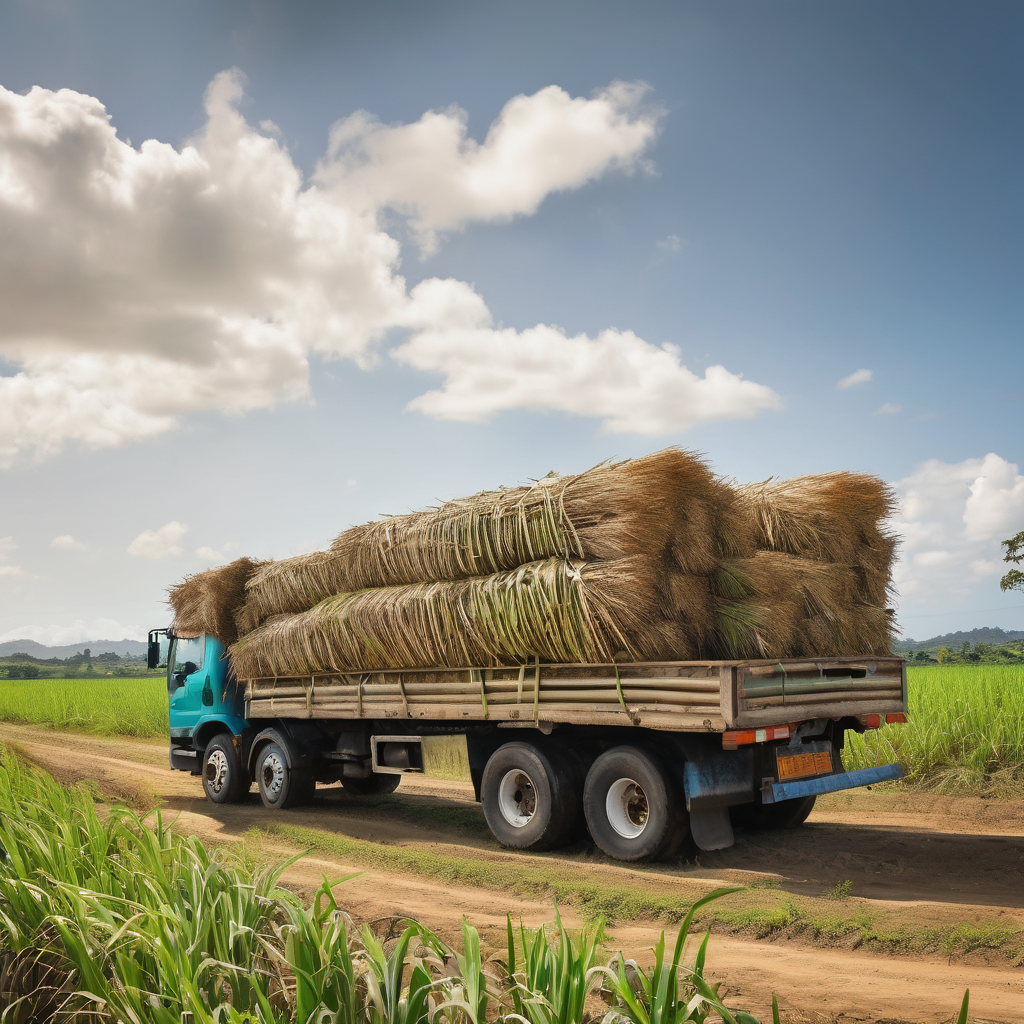During a recent “Meet the Press” event held in Ba, key stakeholders in the sugarcane industry discussed critical issues such as the review of truck rates for transporting sugarcane, the introduction of standardized rates for cane cutters, and the necessity for improved technical training for farmers. Kelera Lewenilovo, a representative from the Ba District Council of Social Services, called for the Sugar Ministry to establish standardized truck rates that would consider distance and accessibility, ensuring fair compensation for both farmers and truck owners.
Lewenilovo pointed out the persistent challenges faced by farmers, including low productivity and diminishing cane yields, underscoring the need for enhanced training and technical support to improve soil health and incorporate climate-smart agricultural practices. She urged the government to increase the presence of extension officers in rural communities to provide the necessary assistance.
In response, Sugar Minister Charan Jeath Singh stated that the ministry is currently reviewing the existing master award to adjust truck rates. This adjustment aims to ensure that these rates accurately reflect the distances from farms, enabling farmers to manage costs effectively or even achieve a modest profit. Minister Singh also acknowledged the difficulties in controlling cane cutter rates but confirmed that the government would increase compensation by an additional $3 per ton to support labor costs.
Singh further noted that farmers have seen stagnant yields of approximately 47 tonnes per hectare over the past decade and a half. Atish Kumar, acting permanent secretary for Employment and Workplace Relations, highlighted that cane cutters are often paid above the minimum wage, showing the government’s dedication to maintaining a fair wage structure within the industry.
The ongoing dialogue between government officials and farmers represents a constructive step toward addressing the significant challenges within the sugarcane sector. The government’s readiness to explore new policies and enhance support for farmers promises to foster a more sustainable agricultural environment in Fiji, which is vital for improving the livelihoods of those dependent on the sugarcane industry. This collaborative approach signifies hope for a revitalization of the sector and a shared commitment to overcoming current obstacles.
